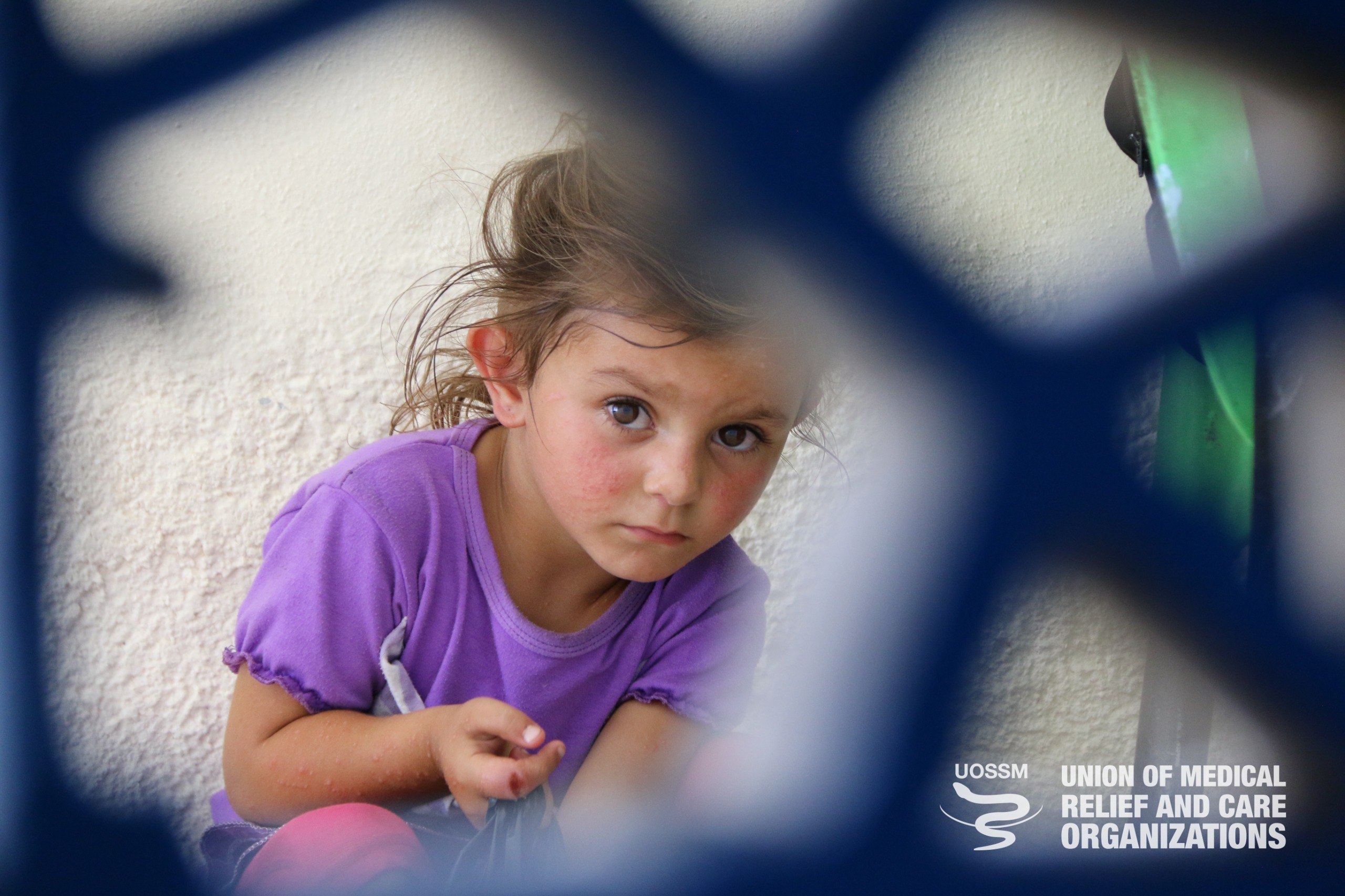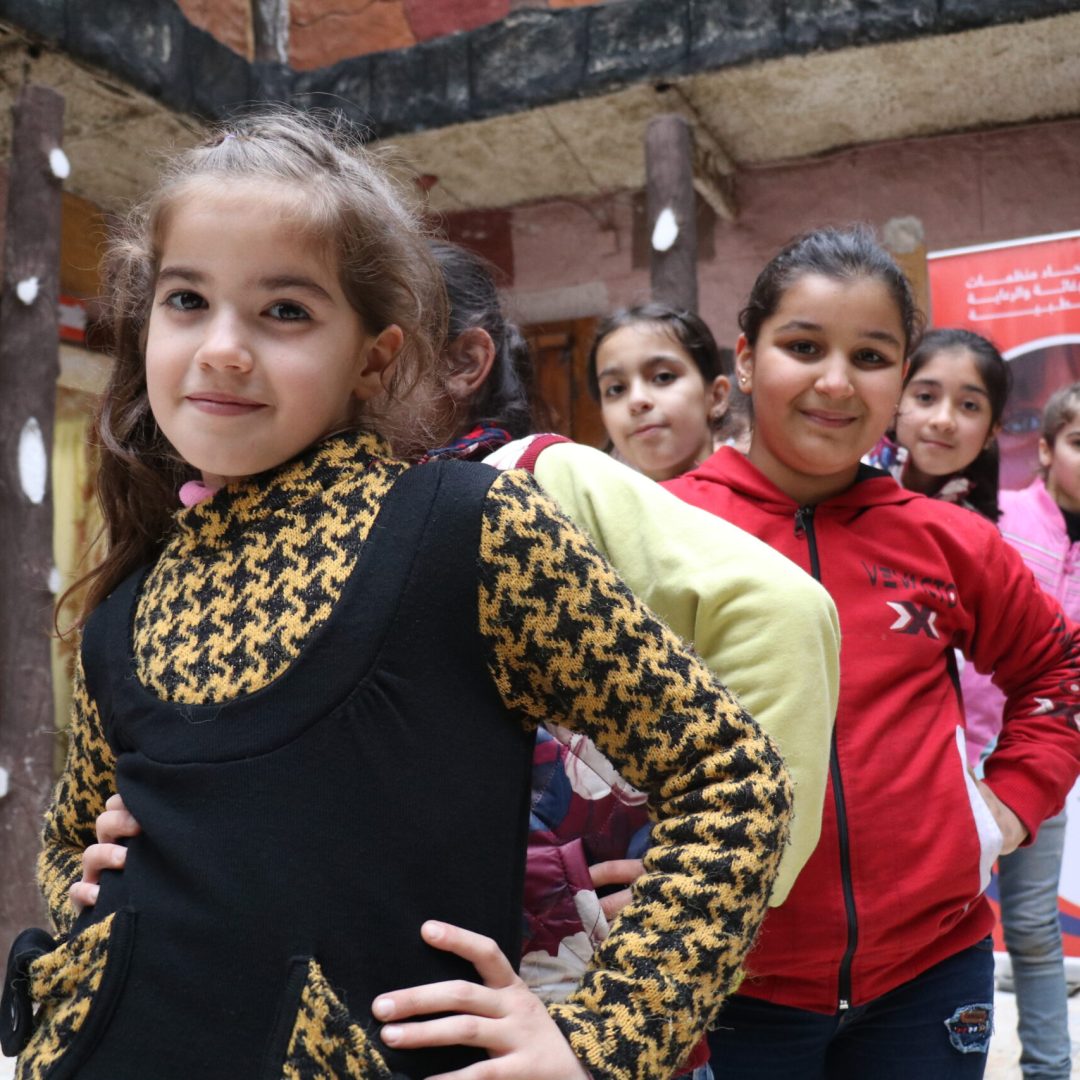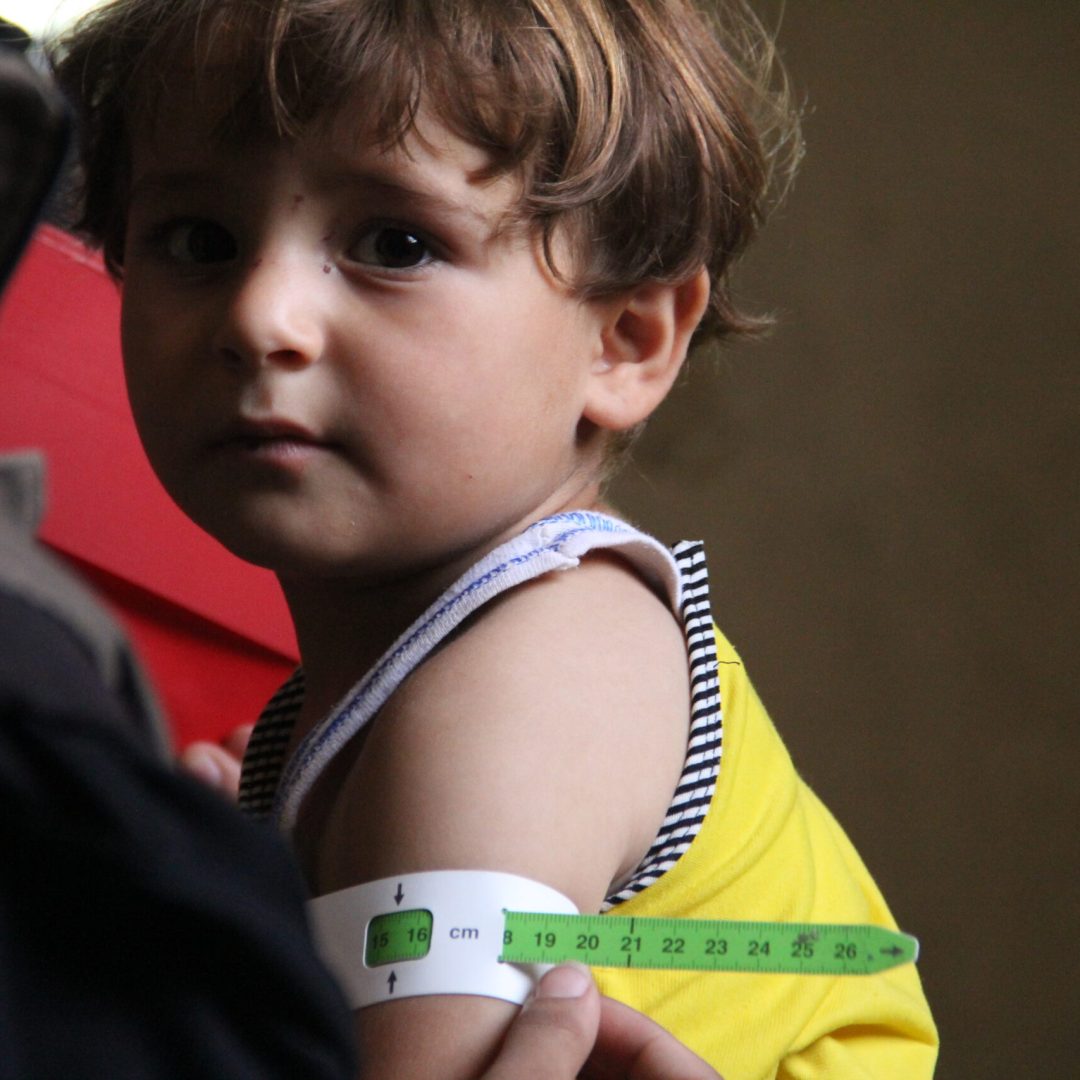The crisis persists, with unprecedented numbers of people affected and no clear solution in sight.
Thirteen years ago, Syrians took to the streets aspiring for better living condition. However, what began as a quest for improvement, resulted in a major humanitarian crisis. The Syrian crisis is no longer in headlines, yet the situation remains dire as 15 million people across Syria require health assistance, and an even larger number of people are in need of humanitarian aid. This represents an unprecedented level of need in the history of the Syrian crisis.
In northwest Syria, where living conditions are particularly harsh, the population has now exceeded 5 million; 4.2 million require humanitarian assistance, with half being women and children. The number of internally displaced persons (IDPs) has risen to over 3.4 million, compared to less than 3 million the previous year. Additionally, an estimated of 1.5 million orphans in the country who are suffering from trauma due to violence and ongoing displacement, representing an entire generation born into a life of war and suffering.
The earthquake of February 2023 further exacerbated these challenges, increasing hardships for the entire population in the region adding a crisis upon an existing crisis. Over 5 million Syrians live as refugees in neighbouring countries, with many residing in camps facing severe conditions and ongoing shortages of humanitarian assistance.
Dr. Ghanem TAYARA, President of UOSSM International, stated, “After years of conflict, Syria is now experiencing a phase of precarious stability, which is worsening conditions on a daily basis. Terrible economic circumstances, food and water shortages, a lack of essential services and above that 1 million children are out of school, compounding the challenges faced which puts not only the present, but also the future, of Syria and the region at extreme risk.“
Despite these difficulties, UOSSM’s team continues to support people by providing nearly 10,000 quality health and essential services in Syria every day. These services encompass health, mental health, protection, and nutrition. With almost 2,000 dedicated humanitarian workers operating across UOSSM’s facilities, the organization remains on the front lines, ensuring access to quality healthcare and striving to build a healthier and more resilient future for Syria. However, this requires sustainable and strategic support that addresses both immediate needs and long-term solutions.
The World Health Organization (WHO) has reported a decline of over 27% in funding for humanitarian health activities from 2022 to 2023, with further reductions expected in 2024. In northwest Syria alone, 15 hospitals suspended operations in 2023 due to funding shortages, and more hospitals are at risk of closure.
UOSSM’s team remains committed to fulfilling its role in providing relief and contributing to the recovery of the Syrian community, striving to realize the aspirations that led Syrians to take to the streets thirteen years ago.
For further information: [email protected]
For press inquiries: [email protected]
Dr. Ghanem TAYARA
President of UOSSM International
UOSSM International

Sign up to receive frequent email updates on our projects and initiatives. Stay informed and connected with our work, making a difference with each update. Join us now!







